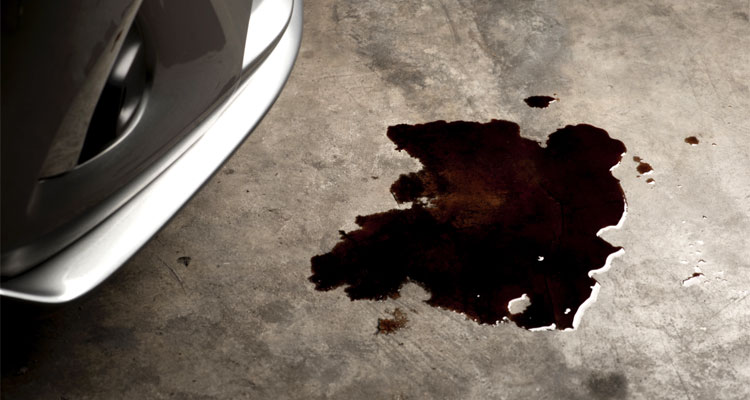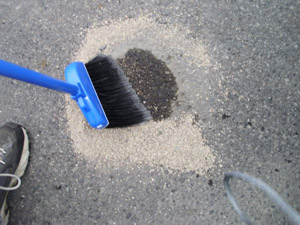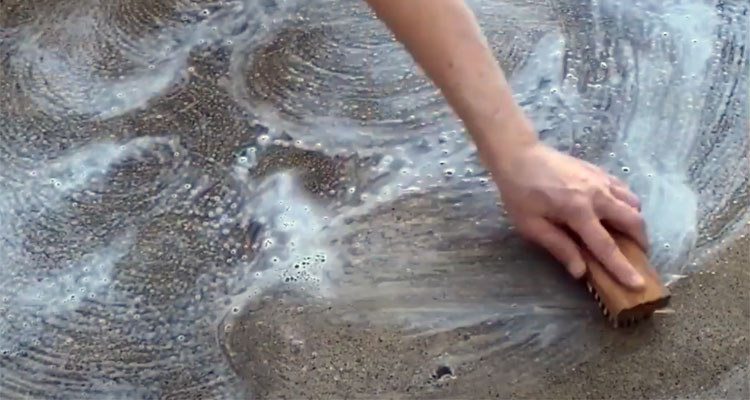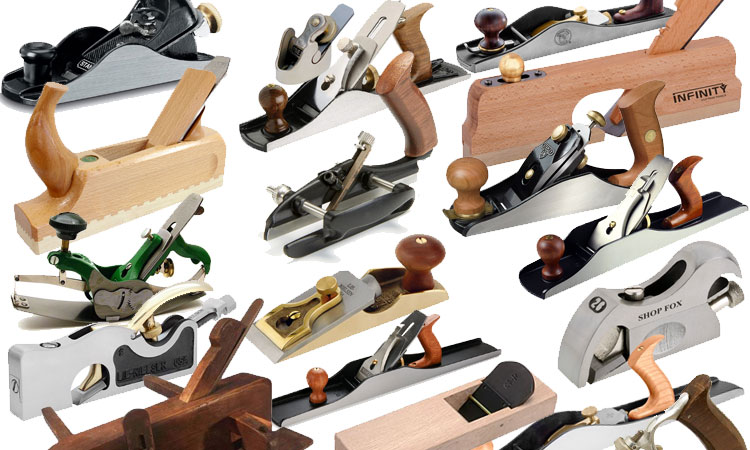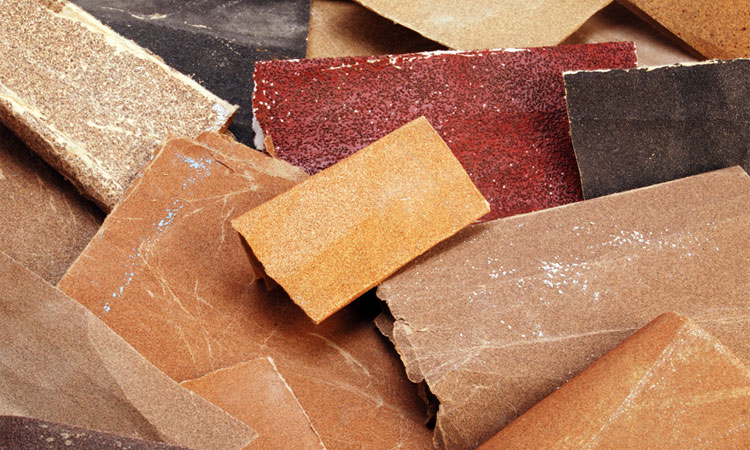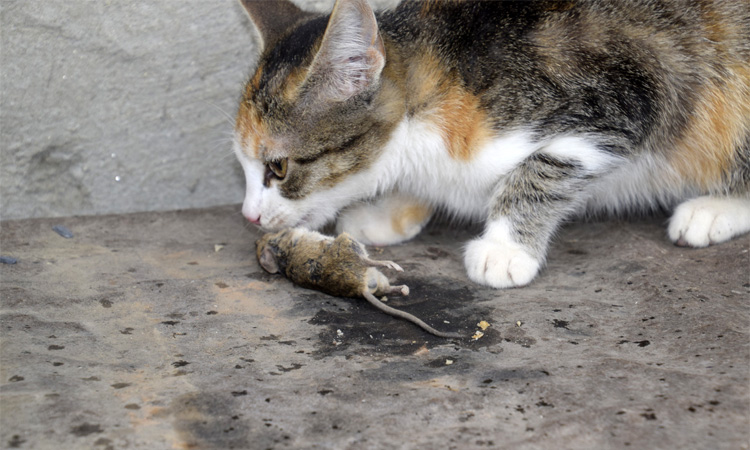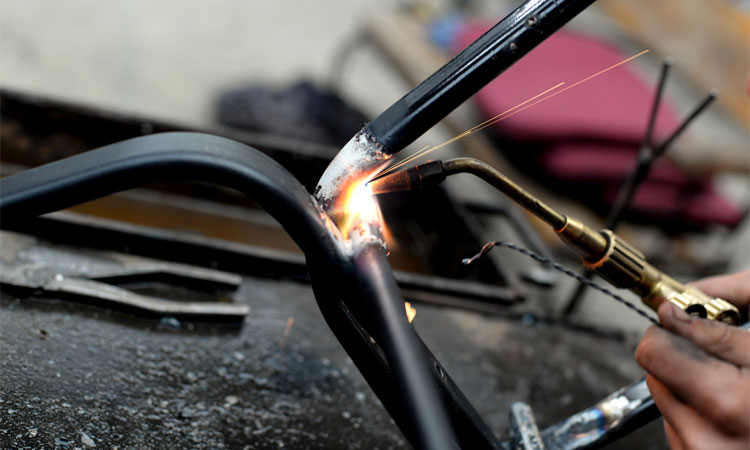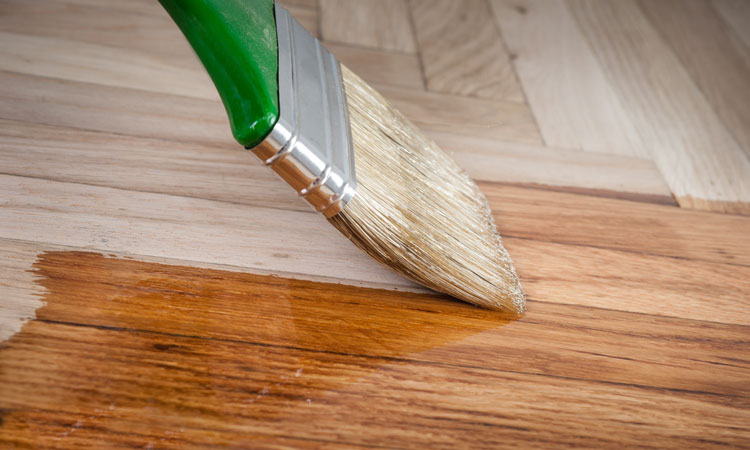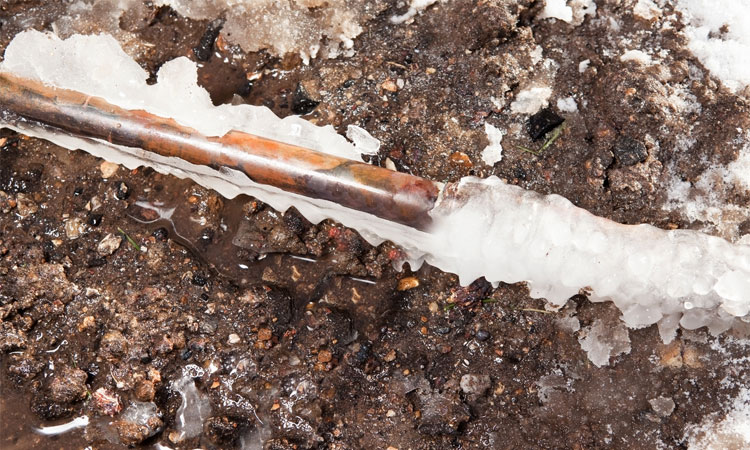How to Clean Oil Spills From Your Garage or Driveway
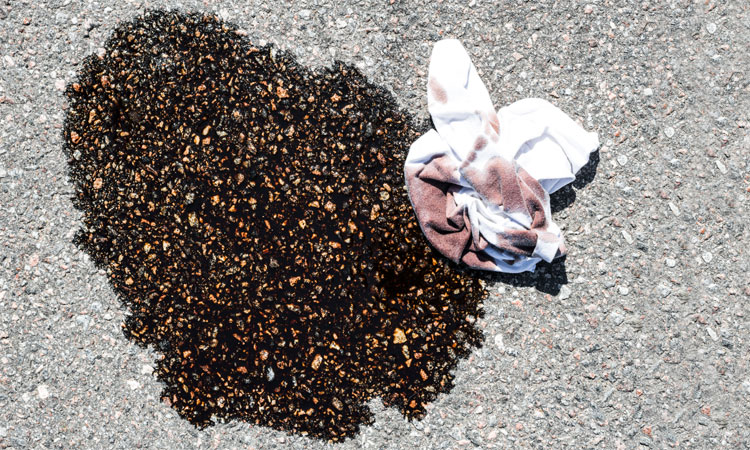
An oil spill in your driveway or garage is unsightly, messy, and can even be dangerous. It may happen when you’re changing your vehicle’s oil, or if it leaks oil or maybe you accidentally knocked over an oil canister.
No matter HOW the spill occurs, promptly cleaning it up will help reduce the possibility of a permanent stain. An oil spill that’s left on concrete will actually begin to break and weaken the concrete itself.
While applying a good concrete sealer is the best way to prevent any long lasting effects, hindsight is 20/20.
Cleaning up the oil stain lowers the risk that you, a child or a pet might walk thru the substance and track it into your house. Removing the oil will also remove the chance of injury. Fortunately, there are a couple good options for cleaning up the mess.
See Also: How to Remove Pet Urine From Concrete
How to Remove Oil From a Driveway or Garage Floor
#1 – Absorb the Oil
When an oil spill occurs, your first reaction may be to get the hose and start rinsing the oil away. Unfortunately, oil and water do not mix so you will be unable to even dilute the oil. Instead the water will simply push it to other areas of the concrete or into your yard.
To successfully clean up an oil spill you must absorb the oil. One of the cheapest and most effective ways to absorb the oil is to spread simple, inexpensive clay kitty litter across the surface of the oil spill. Over the course of a day, the kitty litter will absorb the excessive oil.
Now simply get your push broom and sweep up the litter and dispose of it. You will still see a discoloration or stain on your concrete once the oil is soaked up, but at now you can address the stain itself without having to worry about spreading the oil everywhere.
Sawdust can also be used in place of kitty litter. Once absorbed, the next step is removing the oil stains from your driveway or floor.
Warning: Be careful of companies who sell so-called “premium oil absorbents” (such as Oil-Dri). Many of these are essentially kitty litter with deodorants added but they sell for 10 times the price.
#2 – Clean up the Oil
CHEAP OPTION: Probably the cheapest way to clean up an oil stain is to mix a few squirts of basic dish soup in hot water. Create a hot, soapy mixture. Now take a brush and dip the brush into the water and soap mixture. Use the brush to work the substance across the stain’s surface.
You might want to let it sit for an hour or so to give the dish soap and water adequate time to break down the stain. Finally its time to rinse the stain and soap away using warm water. Your concrete should be reasonably clean and you should see almost no sign of the oil spill.
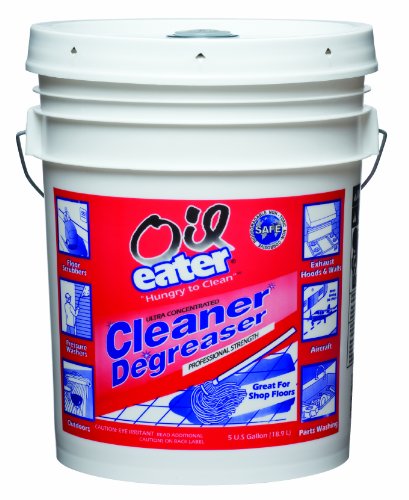
See Also: 8 Best Concrete Cleaners to Clean Up Oil, Grease, and More
Two other more versatile options are GP66 and Oil Eater. I’ve been using Oil Eater for the past few years and it works very well even on old oil stains. It even works as a parts cleaner and general degreaser.
My wife even uses Oil Eater it in the laundry to get out grease stains from my work clothes. I tend to buy the 5-gallon bucket size since it’s by far the best deal but it also comes in a gallon size.
Spilling oil in our garage or driveway is never pleasant but with quick clean up, the damage doesn’t need to be permanent. It’s always a good idea to keep kitty litter on hand any time you work with or around oil.
If your car leaks frequently, you might want to consider an inexpensive garage oil mat such as this one or even a full size garage mat.
Alternatively, a good old large piece of cardboard underneath your vehicle will absorb most minor spills before they hit the concrete. For best results, you may want to use some type of garage parking aid (even a hanging tennis ball) to make sure the car is in the right spot for the cardboard to do its job.

